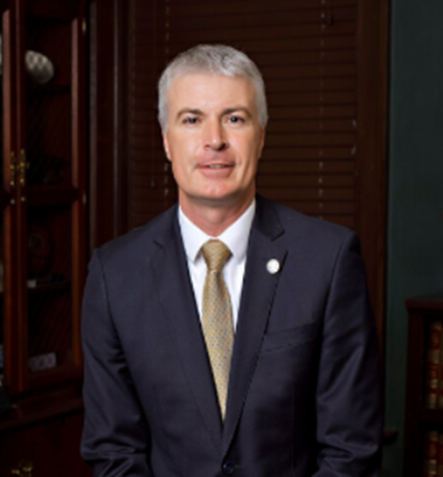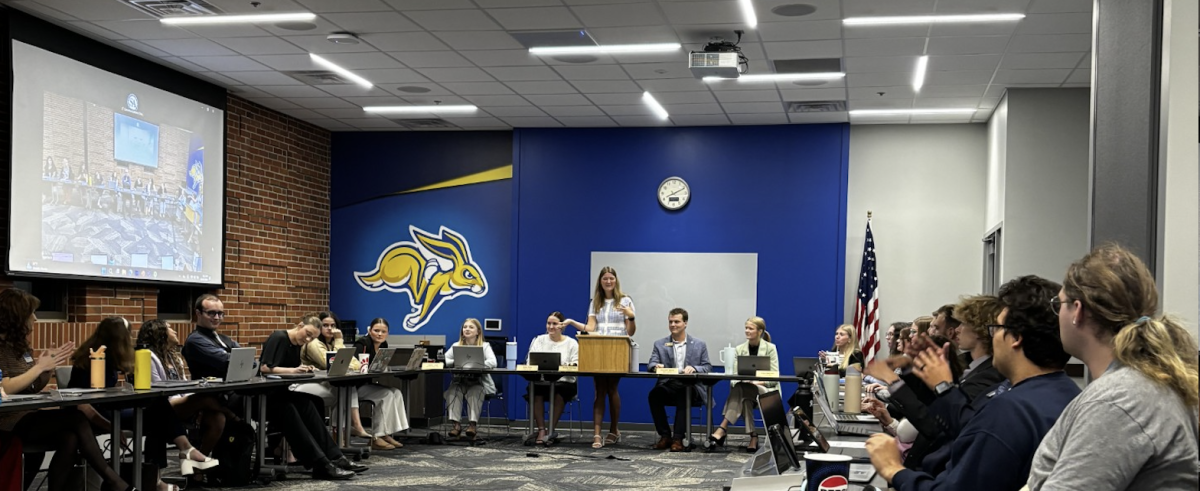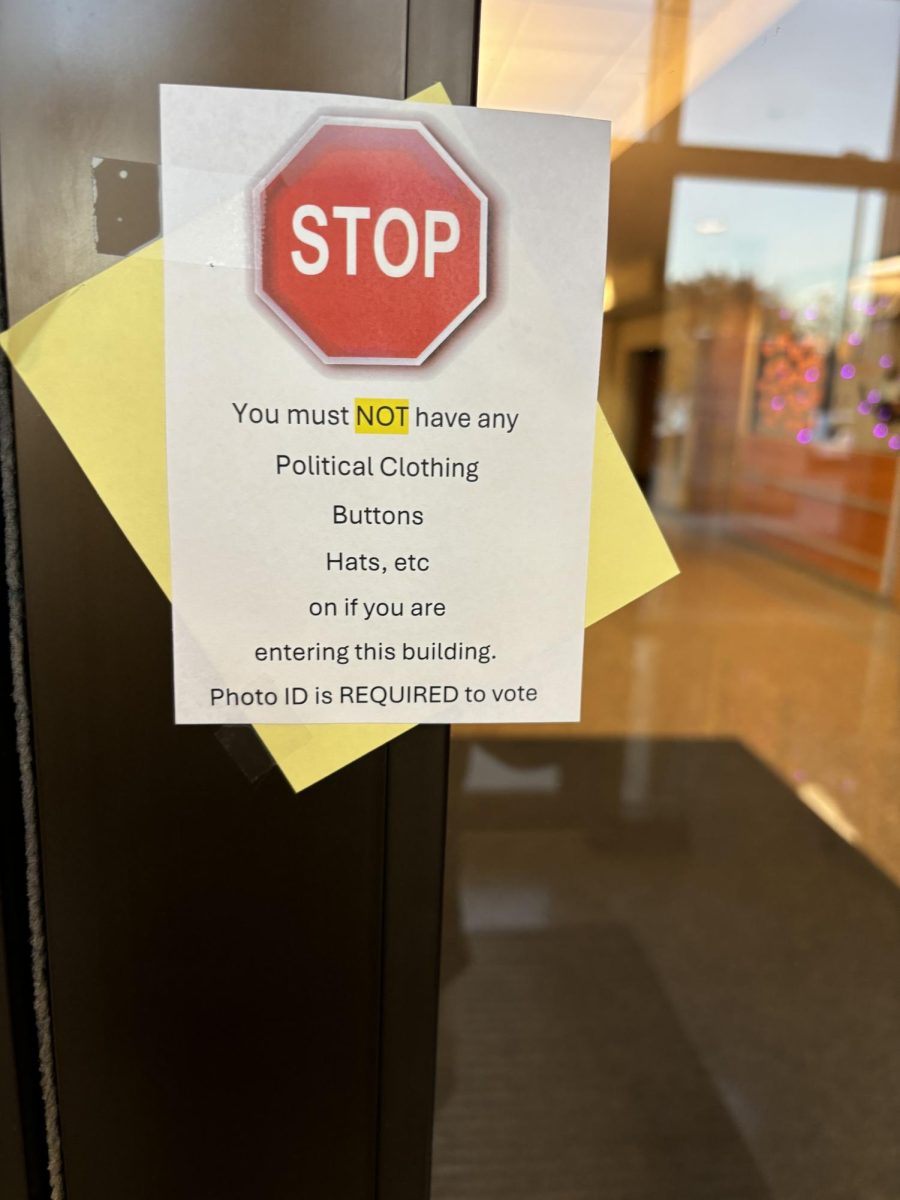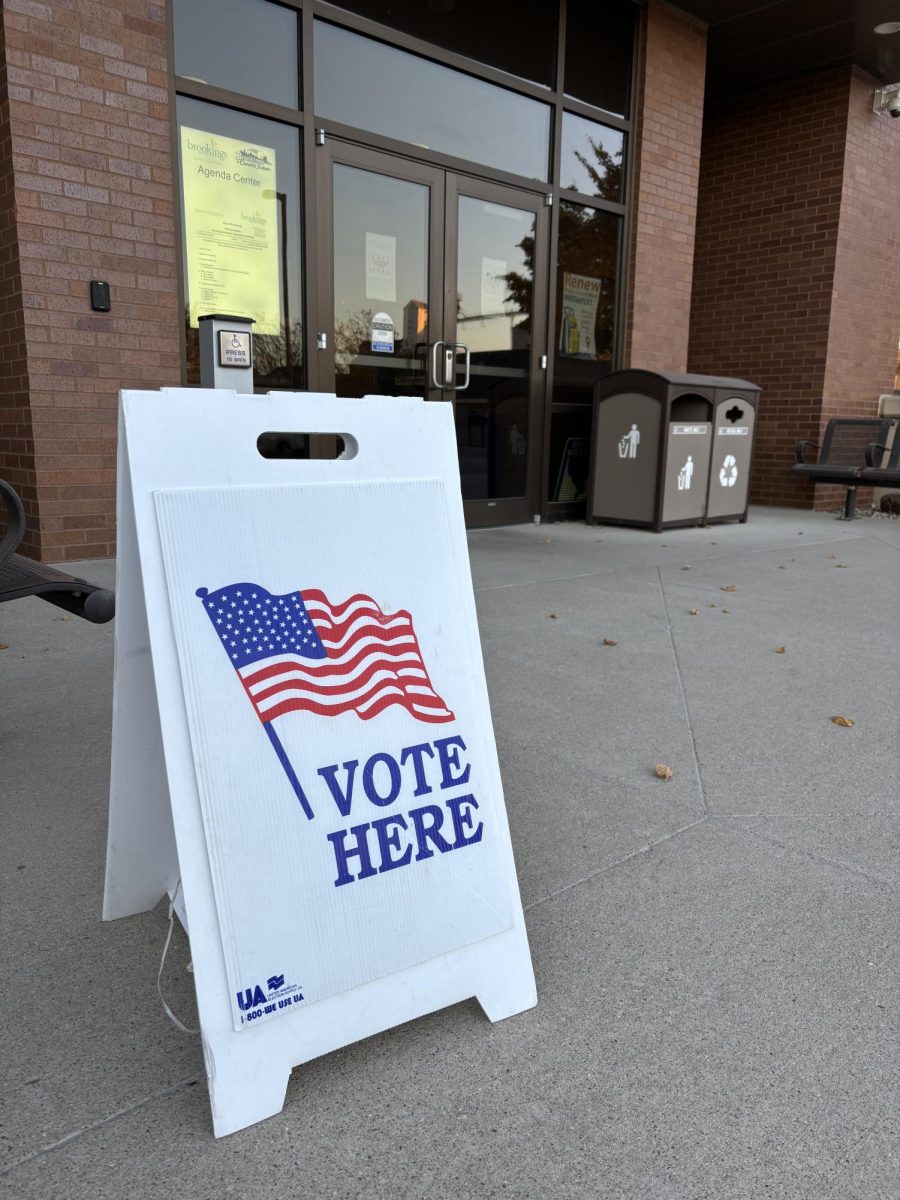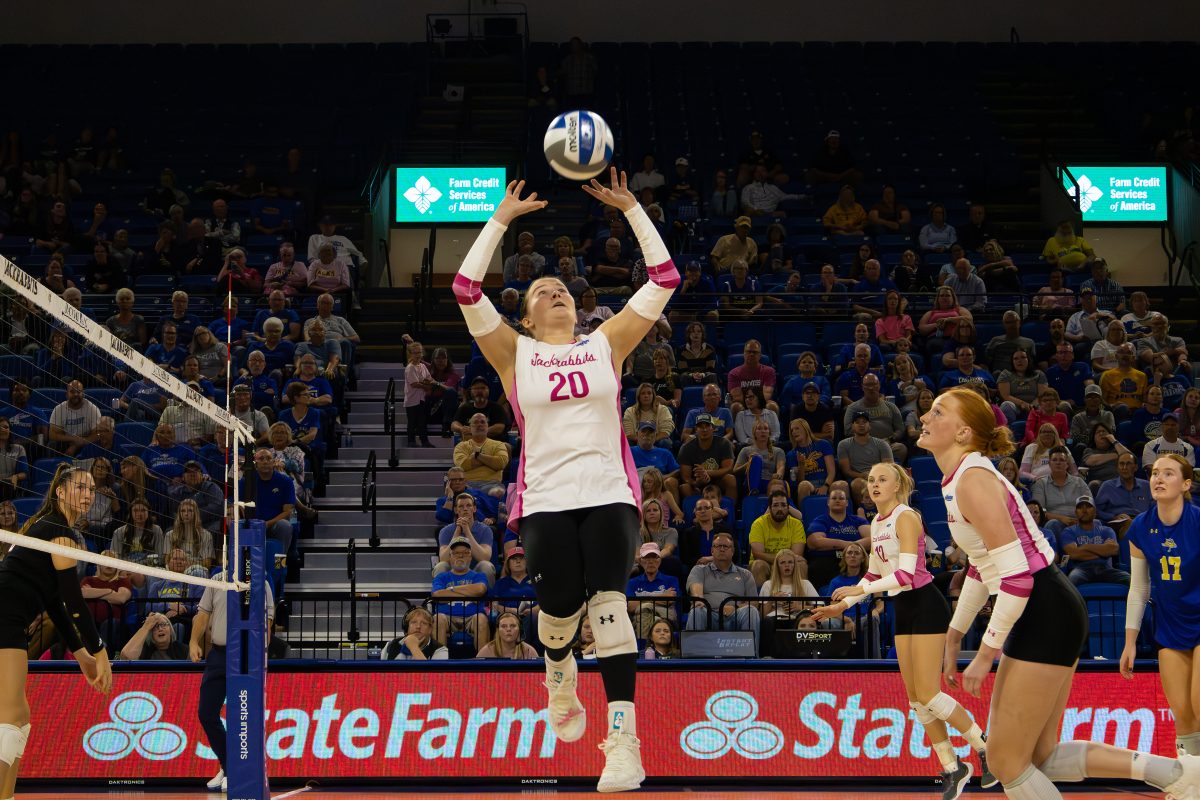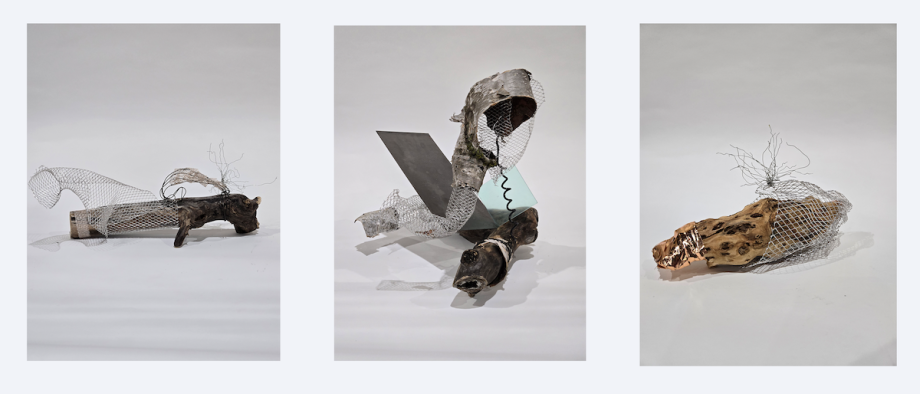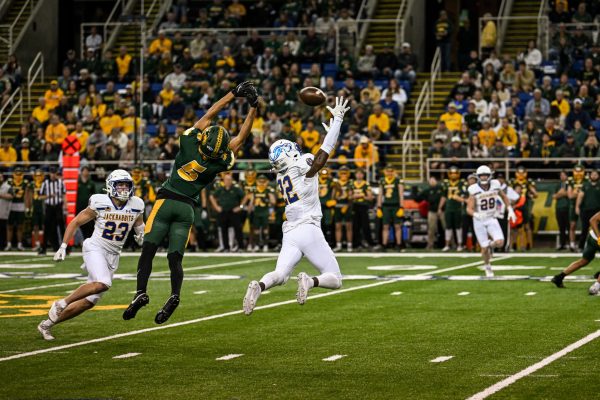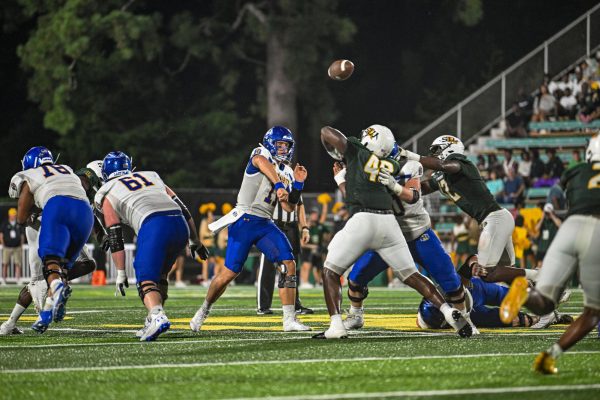Greek system restructuring to begin
November 3, 2004
Tanya Marsh
The Greek system at SDSU is getting an overhaul.
Students in fraternities say they want to boost recruitment, have a more active advisor and change the way Greek life is governed.
The university hired professional consultant Tom Jelke, president of higher education consulting firm T. Jelke Solutions, to evaluate SDSU’s Greek system.
“(One) of his main plans was having the university work with us instead of feeling like they are working against us,” said Sophomore Kacie Schneider, a member of women’s fraternity Chi Omega.
Jelke spent Oct. 20 through 21 on campus interviewing students, faculty and alumni about the system, and helped recommend changes.
“They feel like they need to restructure their governing councils and change the way they recruit,” he said.
Assistant Director Jennifer Novotny said some modifications are already taking place, noting that a change has already been started concerning the Greek advisor.
“One of the things students wanted was a more active role” in that position, Novotny said.
To meet that need, Shonda Reed, who is currently the program advisor for Greek life and orientation, will become the program advisor for Greek life and student organizations Jan. 1.
Other changes will be more gradual, Novotny said.
“It’s going to be a process that will last throughout the year,” she said.
For example, restructuring the governing council will be a long-term project, she said.
Novotny said she is comparing SDSU’s councils with those from other universities. Currently, three councils run Greek life on campus – the Inter Fraternity Council (IFC) for men’s fraternities, the Pan Hellenic council for women’s, and the Greek Council ruling above both.
Some students in fraternities think the three-council pattern, which Jelke said is atypical of university Greek life, is a hindrance to effective governing.
“The IFC and Greek Council kind of conflict,” said sophomore William Coolidge, a pre-pharmacy major in FarmHouse fraternity. “They’re not sure who has the power, the authorization to do things. That’s the weak link.”
Schneider, a member of the women’s fraternity Chi Omega, said she feels the current governing system is unfair to the women’s fraternities, which are outnumbered 3 to 7 at SDSU.
“Whenever (men’s and women’s) fraternities get together, the men outnumber the women and our votes don’t count,” the mechanical engineering student said.
Another change Jelke and committee members are looking into is a way to change recruitment.
Schneider, who worked as a Pan Hellenic ambassador for fall recruitment, feels current strategies are disorganized.
“Recruitment was a mess this year,” she said. “Things like last-minute decisions, not getting the word out on time, not really following the rules.”
Jelke said he has plans to make recruitment “active instead of passive,” which committee members and Greek students hope will help the system grow.
Novotny said only 326 students are involved in Greek life.
“Our system is modest in size and there is room for growth,” she said.
His two-day evaluation finished, Jelke returned to Miami, Fla., where he will be available for consultation for up to a year without an additional charge to his $2,000 fee.
Now much of the work will be done in weekly meetings of the newly-established Greek Strategic Planning Committee. It is made up of student representatives from each of the university’s 10 fraternities, alumni and advisors, including Novotny.
Fraternity involvement is helpful for the future, students and leaders agree.
Heath Clifton, an electronics engineering technology senior who serves as president of Sigma Alpha Epsilon, said, “A lot of important people in the world – presidents and people like that – have been Greeks of some kind. It really builds leadership.”
Novotny agreed.
“Basically, involvement equals success.”

